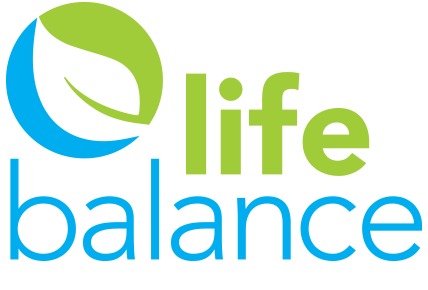7 Tips for Fighting Anxiety
When I started my practice, it was surprising to discover just how many people suffering from anxiety were not being cared for properly. Statistics Canada tell us that 25% of Canadians will develop anxiety disorders at least at some point in their lives. That’s 1 in 4 people! That’s important to understand if you are suffering - you are not alone. When it comes to the rapid pace of the modern world, the stresses of daily life and all the potential for suffering, anxiety is not in the least bit surprising. It’s the absence of anxiety that is the real mystery. How do we remain grounded and calm when facing the world? This is by no means a substitute for medical assistance but I would like to offer a few pieces of advice to consider.
1. Breathe: As superficial as it sounds at first glance, proper breathing is much more profound than people generally appreciate. Your lungs have a relationship with your mind that is unique among your bodily systems. It is the only organ that is both controlled consciously, as when you hold your breath, and autonomically as when you are sleeping. It is often clinically observed that anxious people tend to breathe in a more shallow and rapid manner than a calm individual. Its also an easily tested reality that a calm individual can provoke dis-ease and mild anxiety by changing their breathing to rapid chest breathing. So when an anxious person consciously slows down their pace of breathing and uses their abdominal muscles to support the action of the diaphragm to fill their lungs as deeply as possible, they tend to feel more relaxed and less anxious. When in doubt, breathe deeply.
2. Meditation: Closely related to breathing properly, meditation has been shown to reduce anxiety in sufferers. I recommend mindfulness meditation for beginners. There are several apps that can guide you through a meditation session such as calm.com and WakingUp.com.
3. Eat a high protein, high fat breakfast: A low blood sugar level can contribute negatively to your mood. Break your nightly fast with a high energy meal to stabilize your blood glucose, and by extension your mood. Eat at regular times. It is possible that your habits around eating may be needlessly contributing to your anxiety.
4. Exercise: Excess nervous energy is better expended in healthy physical activity. It has been demonstrated that regular exercise eases anxiety and elevates your mood. Even a 10 min walk can have a profound affect on how your feel. Get moving!
5. Cut out Caffeine, Sugar & Alcohol: These substances can cause mood changes which can have a negative affect on your anxiety. Restrict them as much as possible, or for severe anxiety just straight eliminate them from your diet.
6. Supplements: There are a few nutrients and botanicals that can have a calming affect on the mind, these include Magnesium, GABA, Arginine, Lavender, Chamomile, Piper Methysticum, Vitex Agnus-Castus. Please seek the guidance of a professional when using these substances.
7. Explore Emotional Triggers: When dealing with chronic anxiety, a licensed health practitioner is sometimes very useful for coaxing out the true emotional and behavioural causes. Naturopathic doctors have training in psychological counselling and can effectively take several aspects into account such as proper diet, nutritional deficiencies, proper exercise as well as psychological factors. However in more severe cases, I would also recommend a dedicated psychotherapist or psychologist.
If you are dealing with anxiety, please remember that not only are many other people suffering in similar ways, but there are real life solutions that trained professionals implement daily to help people overcome the problem. Take a deep breathe and get the help you deserve.
REFERENCES:
1. https://mindyourmind.ca/blog/statistics-canada-releases-mental-health-survey-results
2. https://adaa.org/living-with-anxiety/managing-anxiety/exercise-stress-and-anxiety
3. https://www.psychologytoday.com/ca/blog/diagnosis-diet/201706/stabilize-your-mood-food
4. https://www.ncbi.nlm.nih.gov/pubmed/22502620
5. https://www.ncbi.nlm.nih.gov/pmc/articles/PMC3772979/

